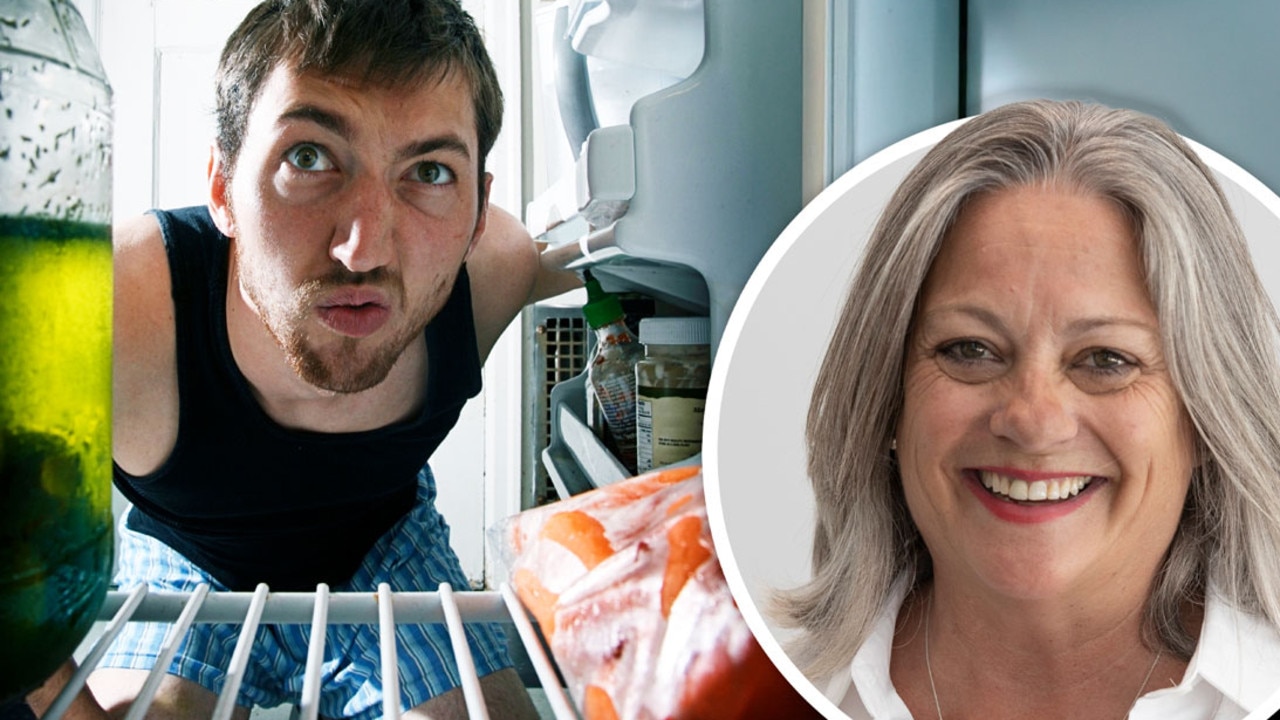David Leyonhjelm: Weighty problem of obesity can’t be solved by taxing sugar
THE latest call for a 20 per cent sugar tax is nothing but a bout of brain flatulence from a gaggle of wowsers, argues David Leyonhjelm.
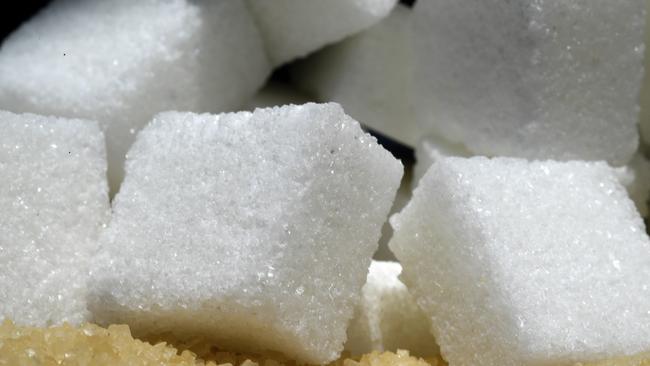
Opinion
Don't miss out on the headlines from Opinion. Followed categories will be added to My News.
- David Leyonhjelm: Don’t judge statues in retrospect
- David Leyonhjelm: Make electricity more affordable - drop GST
The fat police are at it again, dressing up a new tax as a health issue. The call for a 20 per cent “sugar tax” on soft drinks is nothing new. This nanny-state policy is wheeled out with nauseating monotony.
Nanny rummages through our fridges and shopping trolleys and, with wagging finger, tells us we need to give more money to the government for our own good.
This latest bout of brain flatulence comes from a gaggle of community, public health, medical and academic wowsers who are only experts at ignoring the bleeding obvious.
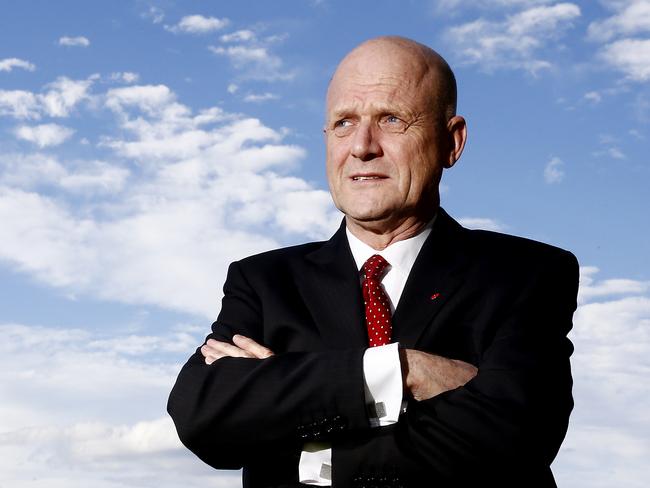
Healthy eating, portion control, and exercising regularly all require self-motivation. And self-motivation is never generated by governments trying to control behaviour.
Sanctimonious anti-obesity organisations have been springing up like mushrooms in a fallow cow paddock lately. They scramble for tax payers’ money so they can dole it out to their friends in universities, move into bigger offices and create Powerpoint presentations about whole-of-government long-term strategies that put all of us in mortal danger of being bored to death.
And yet the best they can come up with is another go at a fat tax we already have. When the GST was introduced in 1999, fresh food was exempted, so that processed food costs 10 per cent more than fresh food. This has made no discernible difference to rates of obesity in Australia or, if you prefer, our bottom lines. Nobody doubts that, as with the rest of the developed world, we’ve turned into a nation of lard arses.
But research does not show that making just one of the many menu offenders more expensive will help our hips get any smaller.
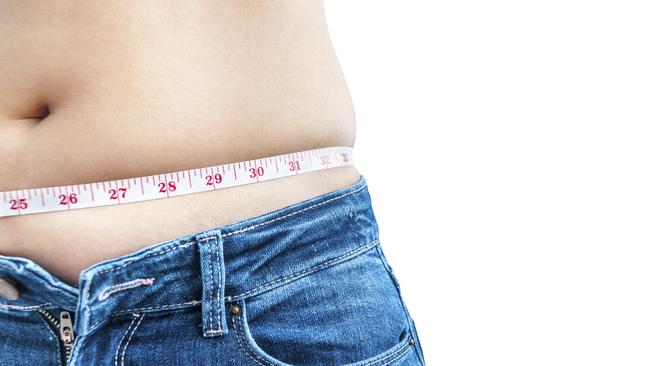
Only our hip pockets. And those on low incomes will be hardest hit.
A sugar tax may not affect the inner-city, turmeric-latte sipping greenies riding their bicycles.
But making any type of food more expensive will hurt the poorest in our society.
And where do we draw the line? A teaspoon of honey contains 23 calories and six grams of sugar, compared with a level teaspoon of sugar that contains 16 calories and four grams of sugar. A 350ml portion of Coca Cola has 140 calories and 40 grams of sugar (10 teaspoons). Apple juice contains 165 calories and 39 grams of sugar (9.8 teaspoons). Should honey and apple juice be categorised as the spawn of Beelzebub too?
READ MORE: Coca-Cola dumps Zero for sugar free product
The simple fact is there is no evidence that sugar taxes cut long-term soft drink consumption or reduce body mass index, or have any marked effect on rates of obesity, diabetes and heart disease.
As often seen in cases involving public health interventions across the world, the benefits are assumed and the costs ignored.
Mexico introduced a soft drink tax in 2014, provoking a brief period of national price shock leading a decline in consumption of about 6 per cent.
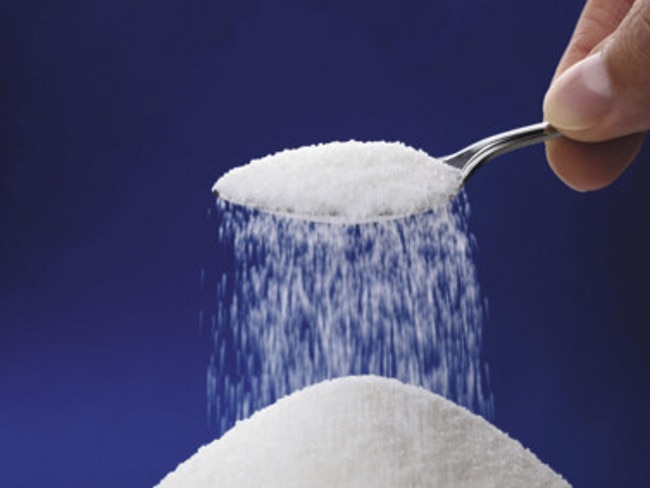
That’s the equivalent of about 0.4 per cent of a standard 330ml can of fizzy drink per person per day. A brisk jog around the block would have had more impact on the waistline, but then you can’t tax that.
By 2015, the sales volume for soft drinks in Mexico bounced back, recording just 0.39 per cent less consumption than in 2013, the year before the tax came in.
In France, soft drink consumption in 2015 was 4.2 per cent higher than in 2011, the year before that country introduced a sugar tax. In the (rich person’s) global war against sugar, Denmark has bucked the trend and ditched its longstanding soft drink and saturated fats tax in 2014. Today the Danes are no greater in girth than people in any other developed nation.
However, local manufacturers have experienced a business boom now that the population has abandoned its decades-long habit of buying tax-free sugary and fatty treats across the border in Germany.
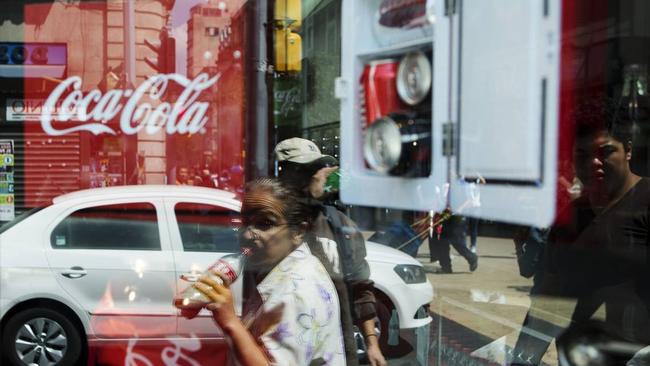
Not content with taxing our diets, the fat police also want to control what we can watch, with the proposal to extend the ban on fast food advertising from 8.30pm to 9.30pm.
Denmark’s neighbours, Sweden and Norway, have already gone down this path, but there’s no evidence that obesity rates in those countries are falling either.
Do we really want to face the farcical situation of teenagers enjoying access to blood, guts, gore and sex on television while being denied the sight of a cheeseburger on the grounds it is too unseemly for young eyes? At 9pm your kid will be still be able to watch such MA15+ cinematic classics as Drag Me to Hell (projectile nose bleeds and child eating demons), Rambo III (relentless machinegun fire with bodies hurtling skyward) and Jackass Two (prosthetic testicles and unusual use of bodily fluids). Just not with fries.
Meanwhile, if your kid is glued to the computer (which is more likely), their access to food porn on that thing called the internet will remain gloriously unfettered.
Should he or she be out earning money instead, there’s a good chance they will be flipping burgers at the local Maccas. Without a blindfold.
David Leyonhjelm is a senator for the Liberal Democrats.

